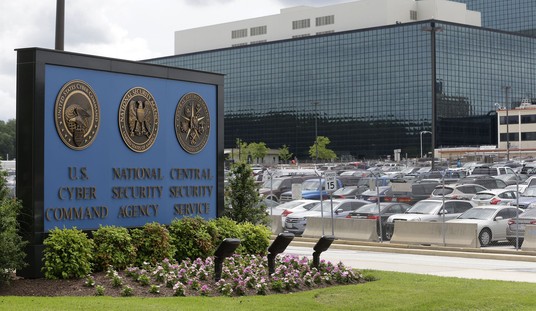In September 1938 the British prime minister had a problem. The Third Reich’s psychopath-in-chief was scorching the airwaves in one of his trademark rants, this time about the supposed oppression of Germans living in Czechoslovakia. He threatened war unless Western nations caved to his demands, which was the last thing the British and the French wanted, with torrid memories of the last European conflagration still burning in their thoughts. Thus, Prime Minister Neville Chamberlain and French leader Edouard Daladier agreed to meet with Hitler and his ally, Benito Mussolini, in Munich on September 29, 1938. The rest, as they say, is history.
But what a notorious hunk of history this was. On an earlier excursion to Germany, Chamberlain was greeted with flowers and gifts and a band playing “God Save the King,” which seemed to justify his departing comment that his “objective is peace in Europe. I trust this trip is the way to that peace.” The result was a short-term peace in exchange for a German slice of Czechoslovakia, now virtually defenseless after being forced to relinquish the Sudetenland to the Reich at a meeting to which they were not even invited. No matter; Chamberlain still returned to his homeland waving a piece of paper that fluttered in the wind while he declared that he had achieved “peace for our time” to relieved audiences in Britain. This was Chamberlain’s Munich Moment.
What transpired afterwards has entered history books and international relations seminars on the object lessons of appeasing an aggressor. After promising not to demand any more territorial concessions, Hitler ordered his armies to absorb the rest of Czechoslovakia in March 1939, after which the German Fuhrer made fresh demands for new territorial concessions in Europe, this time against Poland. And this time German armies invaded their isolated victim, instigating declarations of war by Great Britain and France, which had learned their lessons from a year earlier.
Recommended
Fast forward to the present era, with a different location and a freshly minted Western leader, President Barack Obama, who declared in Cairo in 2009: “I have come here to seek a new beginning between the United States and Muslims around the world; one based upon mutual interest and mutual respect; and one based upon the truth that America and Islam are not exclusive, and need not be in competition.” Fair enough, and we may suppose, approximately equivalent to achieving “peace for our time” between Islam and America. However conceived, Obama’s Cairo address may now be remembered as his Munich Moment.
Then in September 2012 things began to get sour, though it took a little longer than the Munich betrayal—but then, Hitler was a gangster in a hurry, whereas radical Islamists believe they have plenty of time on their hands and that history is on their side. But even history has to be pushed now and then, which in this case resulted in the death of four American embassy personnel in Libya, including the incomparable Ambassador Christopher Stevens in a premeditated assault, and flag-burning frenzies of anti-Americanism raging throughout the Muslim world, from Tunisia to Indonesia.
Based on past experience, one could believe that events in the summer and fall of 2012 constituted teachable moments, just as German perfidy and aggression in 1939 convinced western leaders that Hitler was a fraud. Instead, the American embassy in Cairo responded with another Munich Moment, by issuing a statement of such breathtaking pusillanimity that one could wonder which side in the issue they actually represented. “The embassy of the United States … condemns the continuing efforts by misguided individuals to hurt the religious feelings of Muslims,” it declared, referring to a video trailer produced in America that mocked the prophet Muhammad. So, that was it, declared an official organ of the American government—just like Hitler’s aggression against the Czechs and Poles was in response to German citizens being treated poorly. Even Chamberlain eventually saw through that. His Munich Moment had passed; recognition of reality set in.
Which is not to say that America should declare war against some Middle Eastern country. But it is to say that the Obama administration must recognize, as the French and British did in 1939, that hurt Muslim feelings have no more to do with radical Islamic hatred of the United States than mythical complaints about Germans under foreign rule had for Hitler; both were merely pretexts, excuses for aggression that would have taken place anyway. It also means that anti-Americanism in the Islamic world is going to get worse, not better, and that the United States had better be prepared for it with firm respect for our country and American interests abroad. In this case, responding with a cut-off of foreign aid to countries that murder or abuse Americans is a good start; perhaps stronger measures should follow. But issuing gag-inducing statements of apology and adhering to an untenable policy is out of the question.
In short, American foreign policy cannot be based on endless repetitions of a Munich Moment.

























Join the conversation as a VIP Member